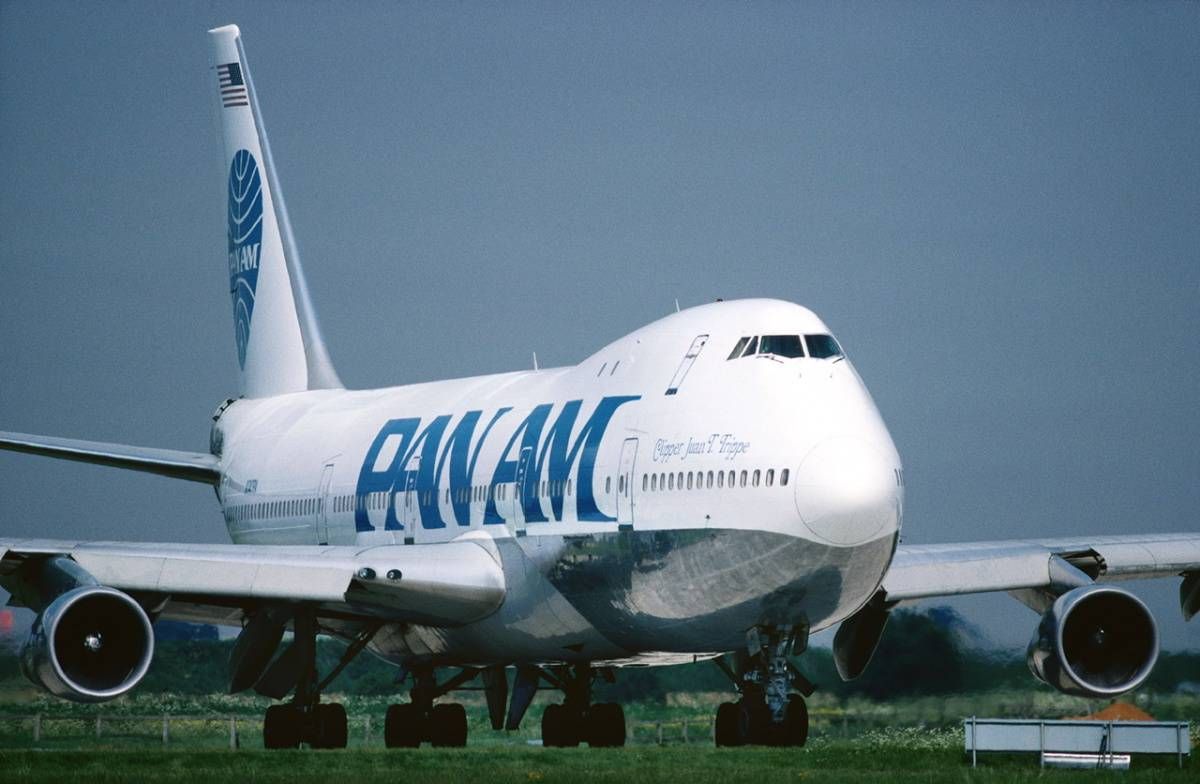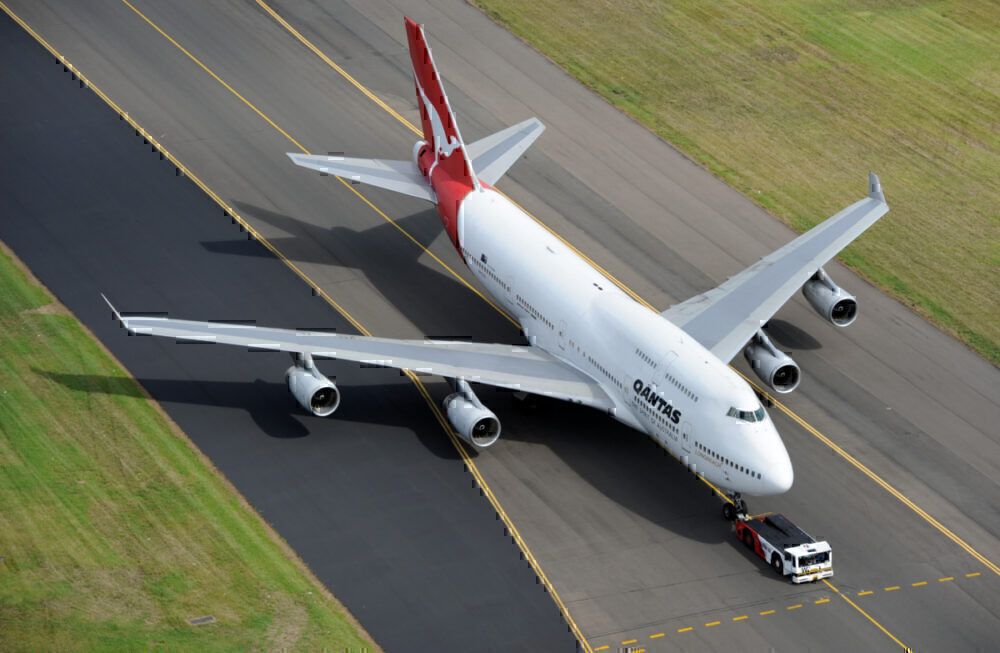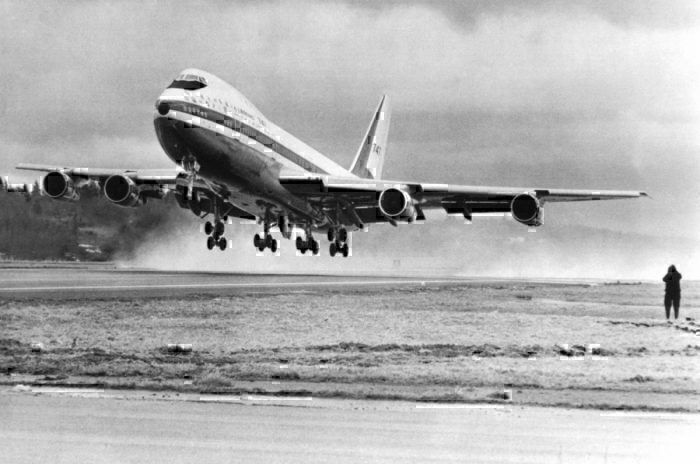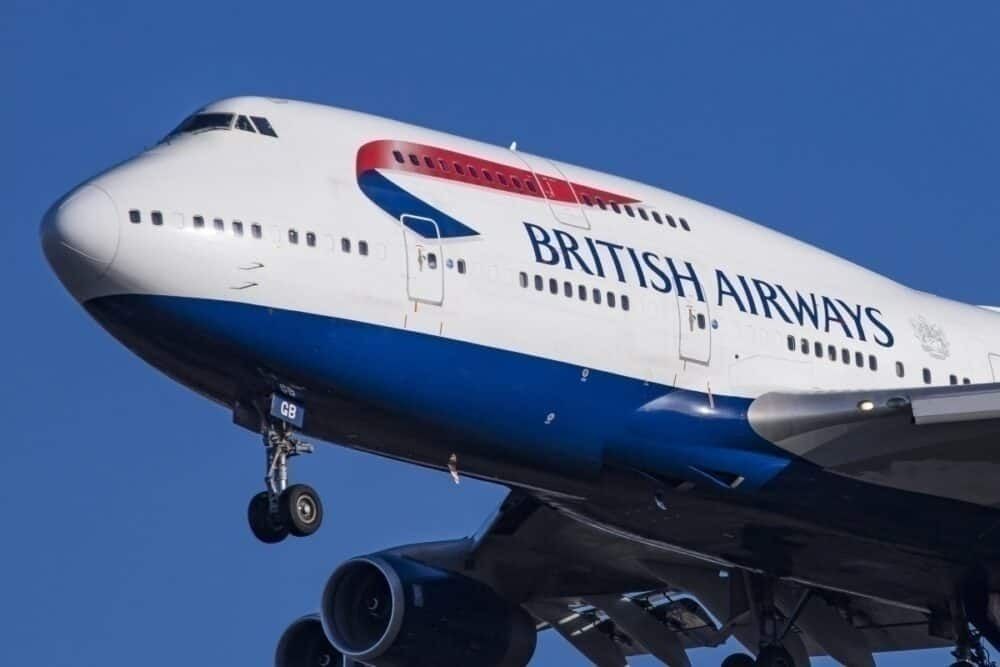In conjunction with its second-quarter results announcement, planemaker Boeing has confirmed that the production of the 747 will end. In an open letter to employees, CEO Dave Calhoun advised that no more 747s will be built after 2022.
The Queen is dead
Boeing's second quarter results have left a bitter taste in the mouths of its employees, and not just because of the $2.4 billion loss. Confirmed to staff today, Boeing will stop building the Boeing 747, known as the 'Queen of the Skies,' in 2022.
Stay informed: Sign up for our daily aviation news digest.
Chief Executive Dave Calhoun told workers today that the iconic jet's production is set to end the year after next. It had been rumored that production was ending, but it's the first confirmation that has come from Boeing itself. In a letter sent to employees, the Boeing CEO said,
“While our 767 and 747 rates remain unchanged, in light of the current market dynamics and outlook, we’ll complete production of the iconic 747 in 2022. Our customer commitment does not end at delivery, and we’ll continue to support 747 operations and sustainment well into the future.”
He further praised staff for the "tremendous" work they had done on the program but also warned of further layoffs in the coming months.
End of an icon
The 747 was well known around the world as one of the most recognizable and well-loved aircraft in history. Born in the 60s, it took its first commercial flight with Pan Am in January 1970 and pioneered the age of long-haul, affordable flying.
Having been through more iterations and derivatives than almost any other type (save for the 737), the world has watched the Queen grow up. From the original 747-100 through to the popular 747-400 and today's version, the 747-8I, she's embraced new technology and construction with each new variant.
In 2014, Lufthansa took delivery of the 1,500th Boeing 747. The Queen became the first widebody aircraft to reach that delivery milestone. Despite its popularity, the type has been superseded by more efficient twin jets, and even with the Dreamliner technology that's been built into the -8I, it simply can't compete with the clean sheet designs of today.
The curse of COVID
The global pandemic and subsequent downturn in travel demand means we will be seeing far fewer of the type in our skies. Numerous high profile airlines have retired the 747 from their fleets, many well in advance of planned recovery dates. Although the type will remain an essential workhorse for the cargo market, the opportunities to fly as a passenger will be sparse.
Qantas retired its fleet of 747-400s just a week ago, and while KLM finished passenger operations with its Queens in April, it too will stop using the three remaining 747s for cargo in October. British Airways confirmed that the type will not return to passenger service, and fellow UK airline Virgin Atlantic also retired the type early in the wake of COVID.
There will still be some chances to fly the 747 after COVID, but certainly not as many. Lufthansa's 747-8Is are unlikely to be going anywhere, and the same goes for Korean Air and Air China, who also have new-ish models. For the -400s, however, the future is less certain.
Are you as sad as we are to have the end of the 747 confirmed? Let us know in the comments.




